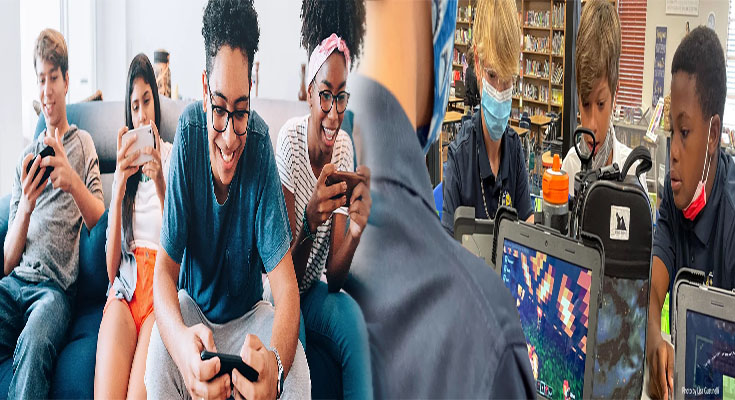Social impact games are an excellent way to engage teens in meaningful learning experiences that foster social awareness, critical thinking, and advocacy skills. These games not only educate teens on critical social issues but also empower them to become agents of change in their communities and beyond. In this article, we will discuss the concept of social impact games and how they can be leveraged to empower teens through learning.
What Are Social Impact Games?
Social impact games, also known as serious games, are designed to educate players about real-world issues, promote social change, and inspire advocacy. These games utilize interactive elements, such as decision-making mechanics, role-playing scenarios, and simulations, to immerse players in a dynamic and interactive learning experience.
The core concept of social impact games is to combine learning with entertainment, making complex issues more accessible, and engaging to teens. Through these games, teens can gain a deeper understanding of social issues, as well as develop critical thinking, empathy, and leadership skills.
Empowering Teens Through Learning
Social impact games empower teens to take control of their learning and create positive social change. By immersing themselves in real-world scenarios and simulating decision-making processes, teens can develop a greater sense of responsibility, empathy, and agency. In addition, social impact games can help teens develop key skills that are essential for social and emotional learning, including:
- Critical Thinking: Social impact games promote critical thinking skills, encouraging players to analyze complex situations, evaluate information, and make informed decisions.
- Empathy: Social impact games can help teens develop empathy by immersing them in real-life scenarios and simulating the experiences and emotions of others.
- Leadership Skills: Social impact games encourage players to become leaders, inspiring them to create social change and advocate for critical issues.
- Problem-Solving Skills: By simulating real-world scenarios and decision-making processes, social impact games help teens develop effective problem-solving skills and strategize solutions.
Examples of Social Impact Games
There is a wide range of social impact games available that cover a variety of social issues, including:
- Freedom: A History of Us: This game series covers the history of the United States, including slavery and the civil rights movement, educating players on American history and social justice issues.
- Spent: This game immerses players in the realities of poverty, challenging them to survive financially and educate them on the realities of poverty.
- Climate Challenge: This game covers the key climate change challenges and offers realistic solutions to climate issues.
- World Without Oil: In this game, players simulate life in a world without oil, encouraging critical thinking around the future of energy and sustainability.
- Darfur is Dying: This game places players in the position of a Sudanese refugee and teaches them about the realities of life in a refugee camp and the experiences of Darfur refugees.
Leveraging Social Impact Games for Educational Outcomes
Social impact games offer an innovative approach to learning that complements traditional classroom instruction. By incorporating social impact games into the curriculum, educators empower teens to engage with social issues in a meaningful and interactive way. Additionally, social impact games can inspire students to become active learners and advocates, by encouraging them to question the status quo, critically evaluate information, and take social action.
Social impact games provide a powerful means of educating teens on critical social issues and empowering them to become agents of social change. By incorporating social impact games into learning experiences, educators can foster critical thinking, empathy, and social leadership among teens, helping to create a brighter, more equitable future.





